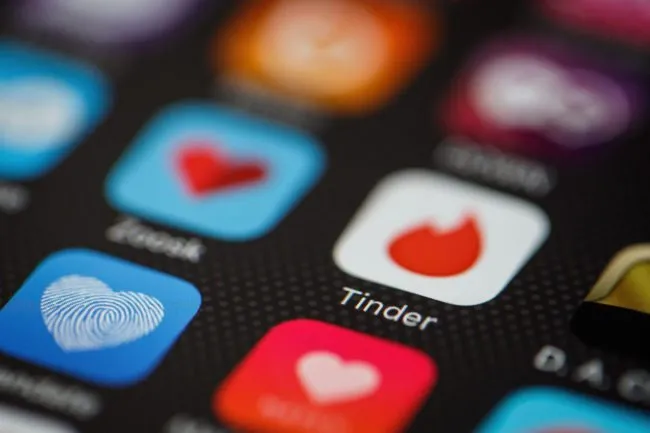Compulsive sexual behaviour is now a mental illness, says WHO

A better version is coming, apparently (Pexels)
Updated | Compulsive sexual behaviour has been officially classed as a mental illness by the World Health Organisation (WHO) for the first time.
Its inclusion on the International Classification of Diseases list — also known as the ICD-11 list — marks a turning point in the way people who present with sex compulsivity will be treated.
WHO’s list describes compulsive sex behaviour as a “persistent pattern of failure to control intense, repetitive sexual impulses or urges resulting in a repetitive sexual behaviour.”

(Photo by Leon Neal/Getty Images)According to the ICD-11, sex compulsivity isn’t related to how much a person has sex, or how many sexual partners they have.
It is measured by one’s life becomes oriented around sex “to the point of neglecting health and personal care or other interests, activities and responsibilities.”
This compulsion can disrupt other aspects of one’s life, including work or school, familial relationships and friendships.
In order to be diagnosed, a person should be showing symptoms for six months or more.
It is thought that up to four percent of people in the UK have sex compulsivity.
Dr Valerie Voon, a neuropsychiatrist at the University of Cambridge, described the decision to classify sex compulsivity as a mental illness as “an excellent step.”
“It allows them to recognise that they are suffering with a problem,” she said.
“It is a behaviour that tends to be hidden as it’s shameful and often sex addicts don’t come forward.”
The decision has also been welcomed by UK relationship support charity, Relate.
Ammanda Major, Head of Clinical Practice at the charity, said they deal with people who are “unable to control their sexual behaviour.”
“This often negatively impacts on their lives as well as on the mental health and wellbeing of their partners and families. It’s important that the necessary funding is made available to support anyone affected by these issues.

(Photo by Leon Neal/Getty Images)
“Currently, few services exist, but we hope this will now begin to change.”
The move comes shortly after the same body also decided that video game addiction is a disorder. It has been included on the same list as sex compulsion.
The NHS currently does not recognise sex compulsion as a mental illness, however, this could change in the future now that the WHO has changed its stance.

